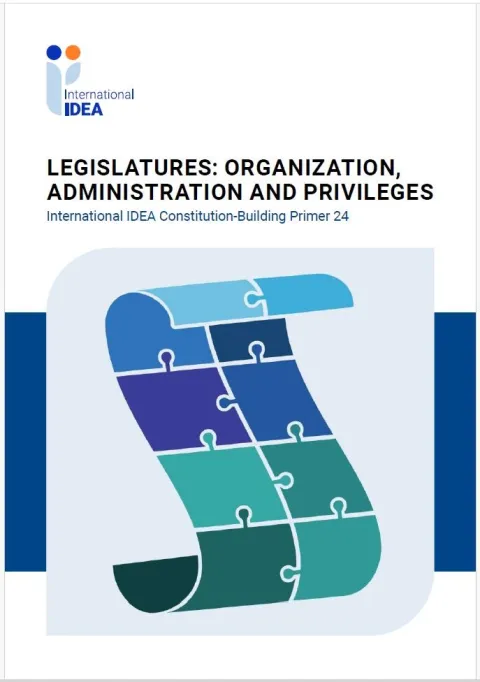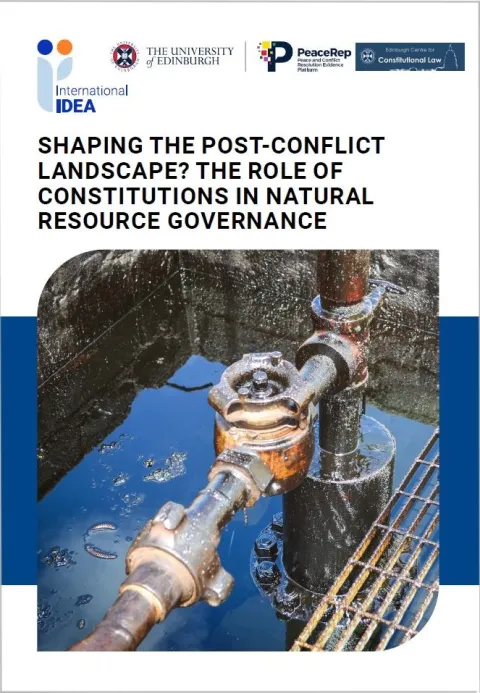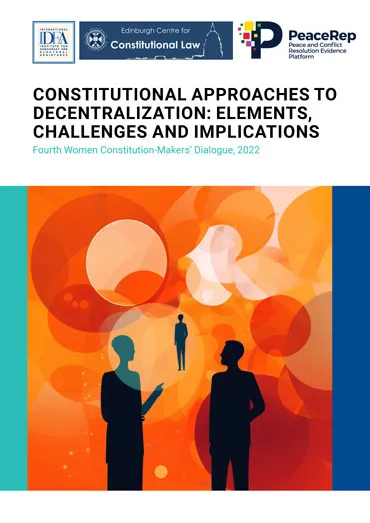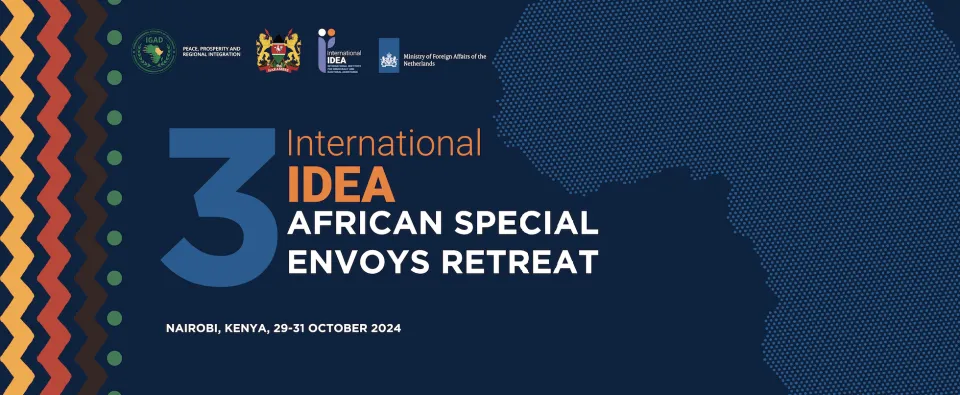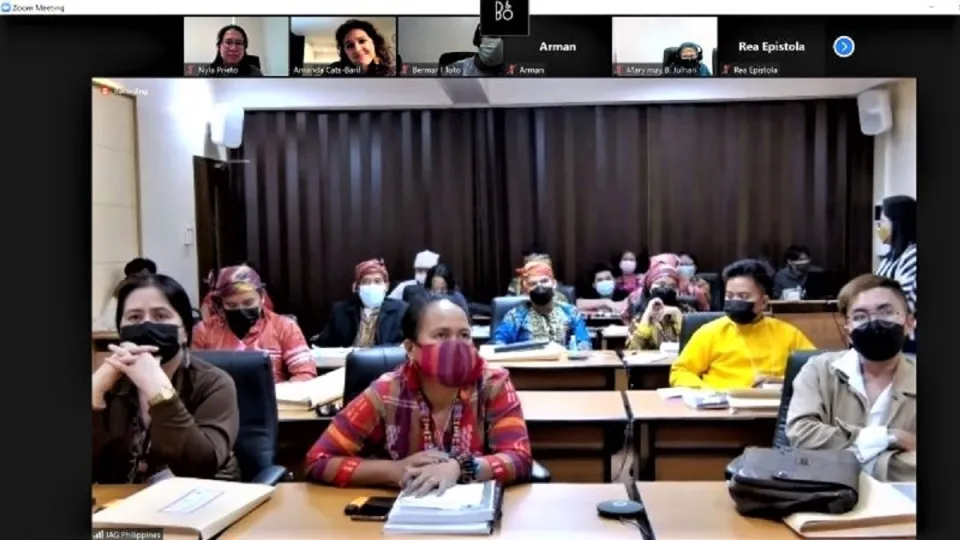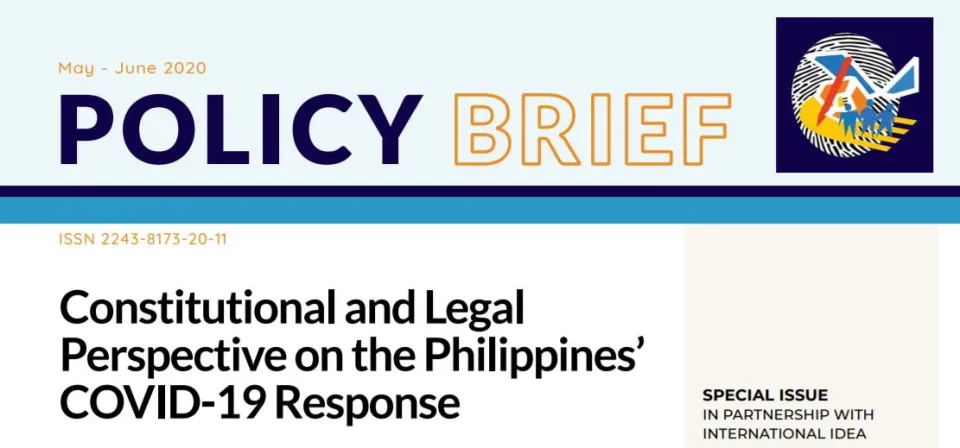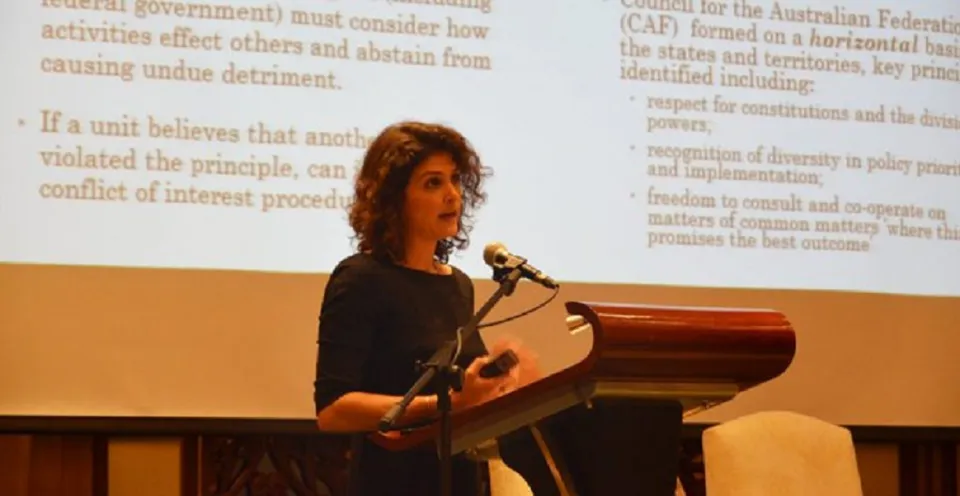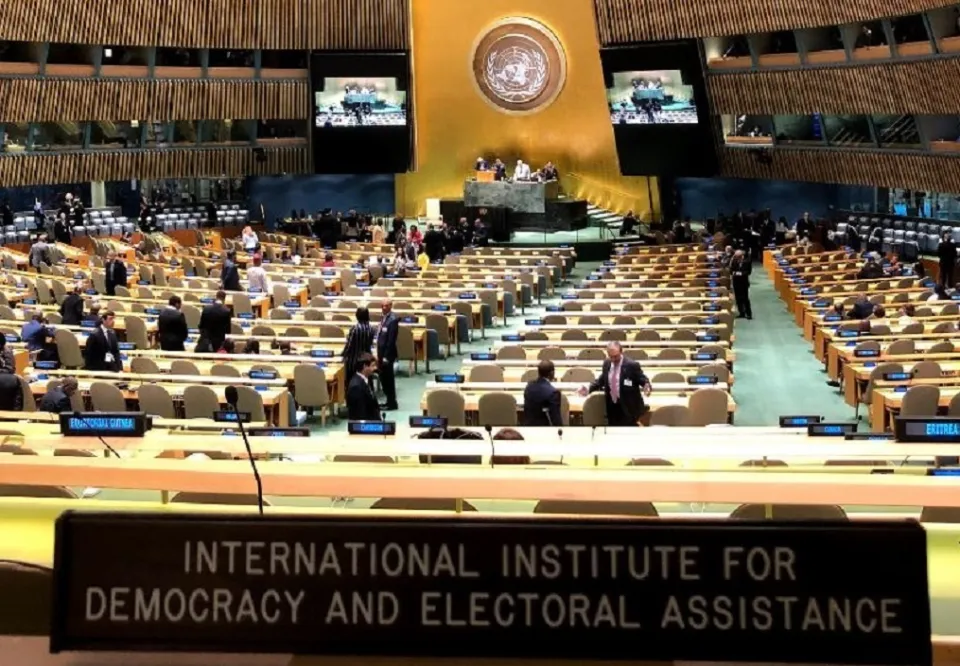Official Language Designation
Modern constitutions typically contain a variety of provisions on language.
They may designate one or more official languages, each with a different kind of legal status. Constitutions may also create language rights, usually held by minority-language speakers, granting groups and individuals the right to communicate with, and receive services from, the government in their native tongue. In systems of multi-level governance, constitutions may vest the authority to designate official language(s) for each order of government.
This Primer addresses the role of language in constitutional design, and the key considerations, implications and potential challenges that arise in multilingual states. It discusses the range of claims around language as a constitutional issue, and the potential consequences of successfully addressing these claims—or failing to do so.
Details
Author(s)
Contents
1. Introduction
2. What is the issue?
3. Understanding language in context
4. Design alternatives
5. Additional design considerations
6. The (limited) role of international law
7. Decision-making questions
8. Examples
References
Annex
Give us feedback
Do you have a question or feedback about this publication? Leave us your feedback, and we’ll get back to you
Send feedbackOfficial Language Designation
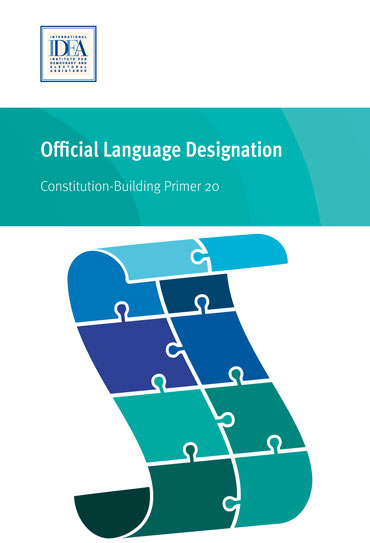
| Total views | 6245 |
|---|---|
| Downloads | 92 |
| Rating |
Authors
Give us feedback
Do you have a question or feedback about this publication? Leave us your feedback, and we’ll get back to you
Send feedback
